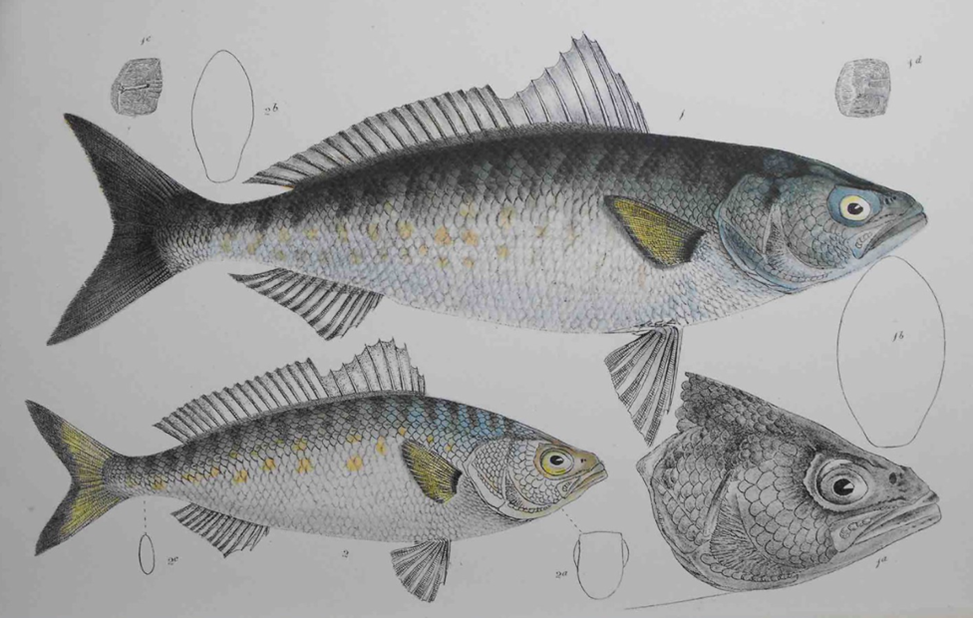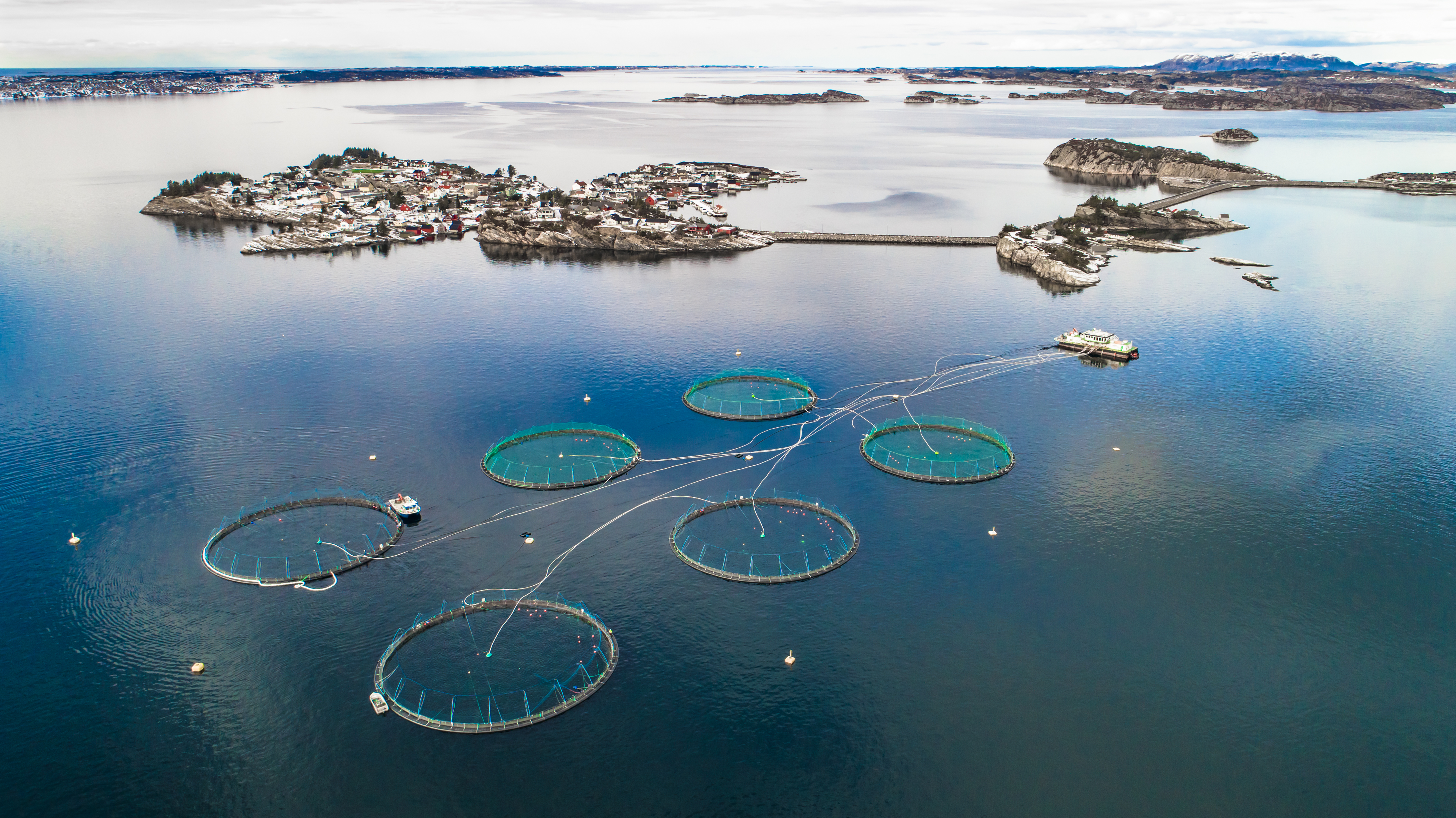Austin Read, a PhD candidate in human geography at the University of Bristol, introduces his project on ontology, decoloniality and salmon.

If you carried out a survey of what people think is the most important thing that we can do to stem the tide of ecological ruin sweeping the planet, challenging Euro-Modern ontologies of nature (beliefs and ideas about reality, or ‘nature’s nature’) probably wouldn’t emerge as a number one priority on the list. In a time of crisis, where time literally feels like it’s running out and the apocalypse is already here for some people, carrying out this kind of philosophical reflection might feel like ineffective political strategy. Yet a challenging of our assumptions about ontology is precisely what a growing chorus of theorists and activists are calling for. For my PhD project, I want to examine how heeding these calls might allow us to better understand the nature of the ecological crisis we are facing.
Specifically, my project is building upon decolonial scholarship and activism that emphasises the role that the politics of ontology has played in bringing about intertwined social and environmental injustices. Within the history of Western philosophy, the study of ontology has mostly consisted of making assessments of the reality of the world. Decolonial theorists such as Arturo Escobar, Marisol de la Cadena and Mario Blaser have challenged these dominant philosophies of ontology by destabilising the very idea that we live in a singular world or universe. Instead, these thinkers have argued we live in a world of many worlds they call the pluriverse, in which there exists multipleradically different ontologies. Decolonial theorists have documented the political currents of power that exist between pluriversal worlds, diagnosing Euro-Modern ontologies as predicated upon a dominance of culture over nature and therefore ecologically ruinous, as well as violent and colonising, supressing any ontology that does not align with its firmly held principles of rationality and individualism. In this sense, for proponents of the pluriverse, environmental justice begins with a dismantling of the systems of power through which Euro-Modern ontologies have violently dominated others.
Decolonial activism and scholarship has emerged primarily from Latin American and Indigenous geographies, and as such most of the literature examines thought coming from these worlds. However, I am intrigued by Escobar’s (2020) suggestion that it is possible to bring about decolonial and ‘nondominant’ Wests – that another Europe is possible. To think about how insurrectional decolonial ontologies of nature might arise from within Europe, I’m turning to a perhaps surprising companion: the salmon.

Salmon are playing a complex role in the theatre of contemporary Anthropocene politics. An enchanting creature that travels thousands of miles using ancestral memory as its guide home, salmon ways of life are becoming increasingly threatened as rivers and oceans are warped by the toxic infrastructure of modernity. Activists, scientists, Indigenous communities, fishers and nature-lovers have all documented the alarming rate at which wild salmon and other water-dwelling creatures are being threatened with extinction. As salmon are simultaneously caught by trawlers, domesticated in industrial salmon farms, bred in hatchery pens to boost depleted wild stock and subject to increasingly stringent conservation laws, they sink deeper and deeper within the folds of Euro-Modern logics.
However, as well as being indicators of the logics of modernity, salmon are also sources of hope. Fisheries have been highlighted as some of the most hopeful sites for fostering nondominant ontologies of nature within Europe. Salmon have swum in European rivers and oceans for millennia, meaning there are deep historical cultures of angling and caring for salmon that we might turn to as examples in the struggle to bring about fair and just ecological relations. Elsewhere, efforts to articulate alternative communal economic arrangements and relocalize food have found fisheries to be potent and generative sites of experimentation (see, for example Elinor Ostrom’s influential work on the commons).
For my PhD project, I am proposing that we let salmon, the injustice they materialise and the hope they symbolise, act as a guide. Following salmon in the UK and across Europe, both as they emerge in present material entanglements and in historic flows, leads us to a dizzying array of political ecologies of extraction and conservation in which we find unfolding conflicts over use, meaning and access to salmon. It’s my suggestion that a detailed study of these political ecologies and the different queer and historic ontologies emerging within them could serve, in its own small way, as a crystallising political narrative for bringing about environmental and social justice. As Environmental Humanities scholars have shown, bringing about environmental justice will not just be about new technoscientific technologies or acts passed in parliament: it will be, in part, about what kinds of stories we tell. I say let us listen to the stories of the salmon: stories of ancestral struggle in the face of the ever-encroaching logics of modernity, stories of resistance in the face of power and domination, so that we might have a better understanding of the problem we must ourselves struggle against.
You can follow Austin on Twitter @austin_jread.


![[image] Jackson - On decolonising the Anthropocene blog post](https://environmentalhumanities.blogs.bristol.ac.uk/files/2020/07/image-jackson-on-decolonising-the-anthropocene-blog-post.jpg)